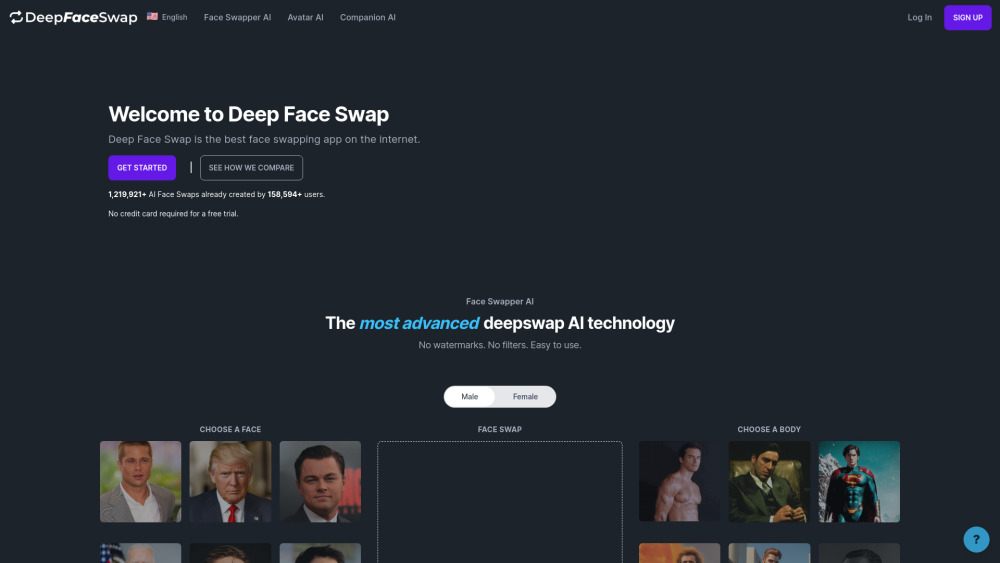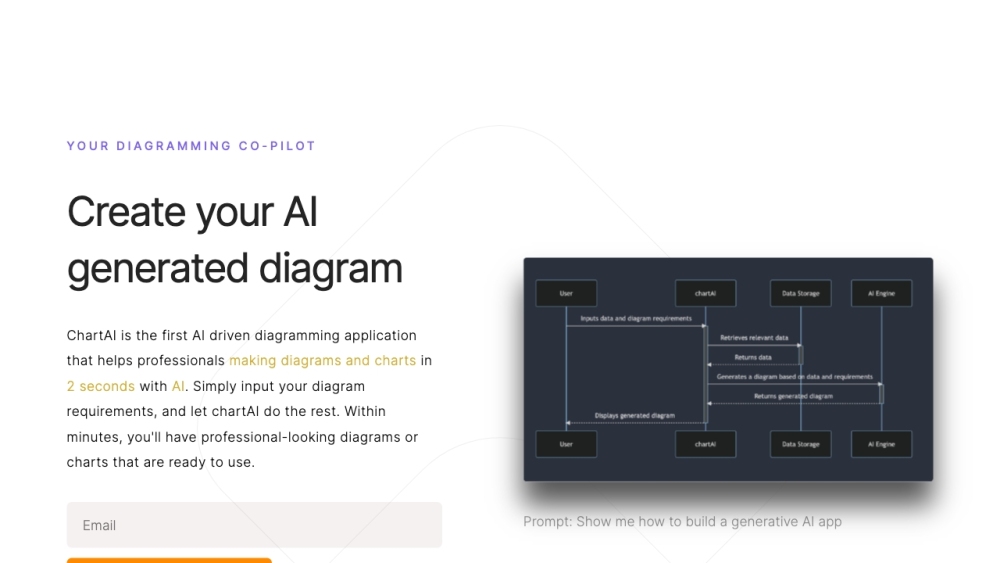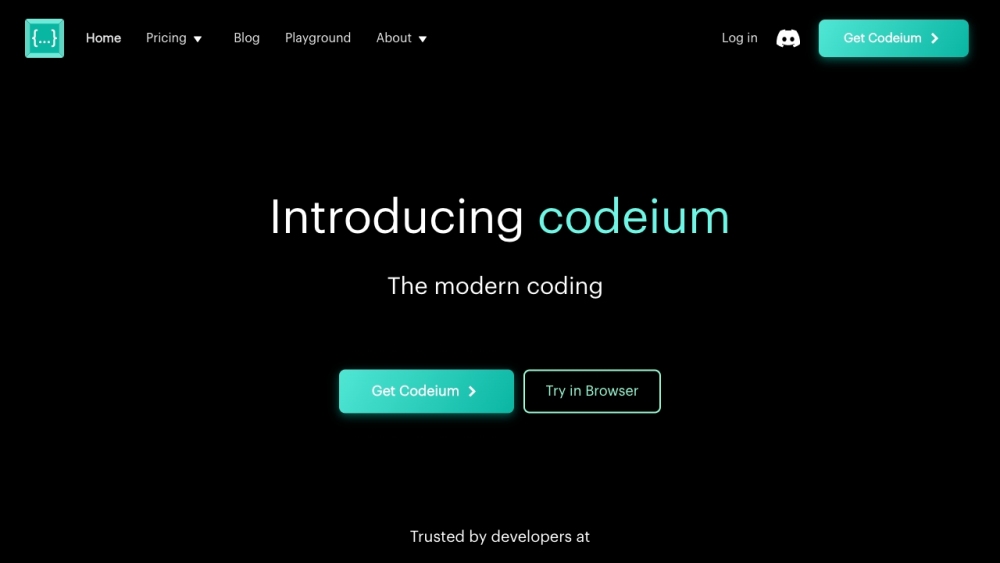At first glance, Qodo—formerly known as CodiumAI—might seem like another AI tool for code generation. However, as the team announces a $40 million Series A funding round led by Susa Ventures and Square Peg, it's clear that their focus extends beyond just writing code; they are equally committed to enhancing code quality and generating tests.
Launched in stealth mode 18 months ago, Qodo has already attracted over 1 million developers and gained traction among several Fortune 100 companies that have embraced its enterprise platform.
One of Qodo's standout features is its versatility. In addition to offering traditional extensions for Visual Studio Code and JetBrains that integrate Qodo Gen tools directly into the IDE, it provides a git agent compatible with GitHub, GitLab, and Atlassian’s Bitbucket, as well as a Chrome extension and a command-line interface (CLI) tool.
“We consider ourselves the first quality-first code generation platform for complex projects,” stated Qodo CEO and co-founder Itamar Friedman. “To achieve quality-first code generation, we must integrate throughout the software development lifecycle.”
Friedman explained that each of Qodo's tools is designed to minimize bugs and issues at various stages of the coding and deployment process. “It’s death by a thousand cuts, and we aim to address each one. We’re focusing on identifying and managing bugs at their point of origin," he added.
Notably, Qodo also empowers developers to articulate the issues they face and convey their approach in natural language. This innovative feature, termed "task-aware coding," enables the tool to understand developers' intentions, enhancing code completion suggestions without attempting to directly resolve the issues.
After coding, developers can utilize Qodo’s test generation service directly within their IDE. Once the code is pushed to GitHub, Qodo’s tools facilitate quick reviews by highlighting changes and potential issues. Friedman mentioned plans to enhance this feature by creating a walkthrough video for reviewers, stating, “While human interaction is essential, we aim to simplify the code review process.”
By addressing the entire development lifecycle, Friedman believes the tools can learn from one another. If consistent feedback arises during code reviews, the suggestion tool can adapt accordingly.
“AI agents are becoming increasingly crucial in software development, and we believe a quality-first approach is vital for their broader acceptance in enterprise environments,” noted Yonatan Sela from Square Peg. “Developers in large organizations don't start from scratch; their work must seamlessly integrate with vast existing codebases.”
Looking ahead, the Qodo team aims to expand its offerings to include user interface (UI) testing. This upcoming feature, tentatively named Qodo UX, will simulate human activity on company websites to identify UI bugs.
“While one might suggest straightforward end-to-end testing, this approach doesn't pinpoint the bug's location or confirm comprehensive testing. Each testing method has its unique strengths and limitations, and we aspire to cover all aspects. We began with unit and functional testing, moved to integrity, and next quarter, we will focus on UX testing.”
Alongside Susa Ventures and Square Peg, Firestreak Ventures and ICON Continuity Fund participated in this round, alongside seed investors TLV Partners and Vine Ventures. This $40 million Series A funding brings Qodo’s total capital raised to $50 million.
Qodo harnesses generative AI to aid developers in automatically crafting code logic tests.





